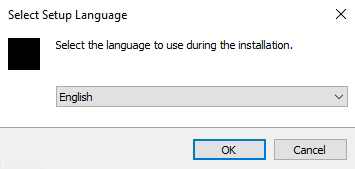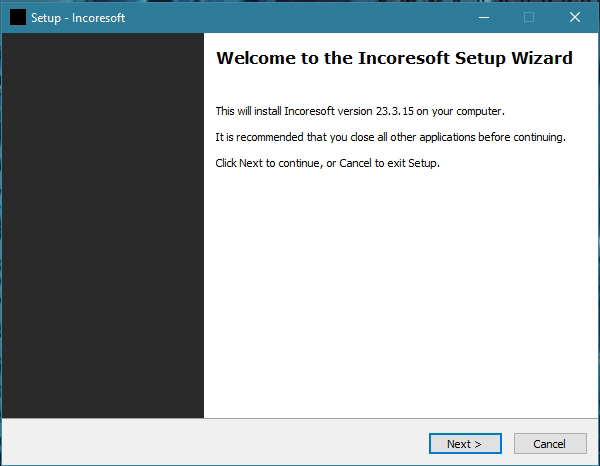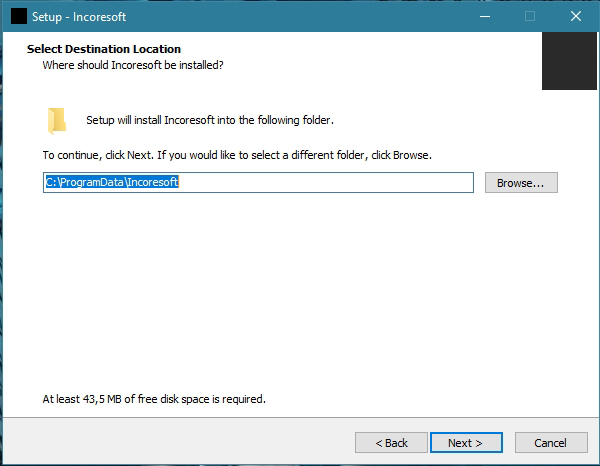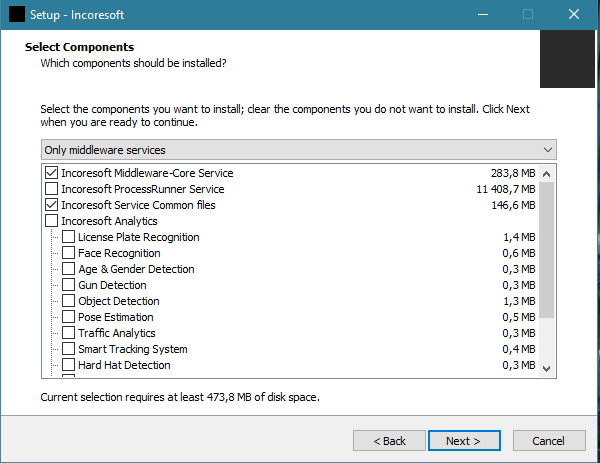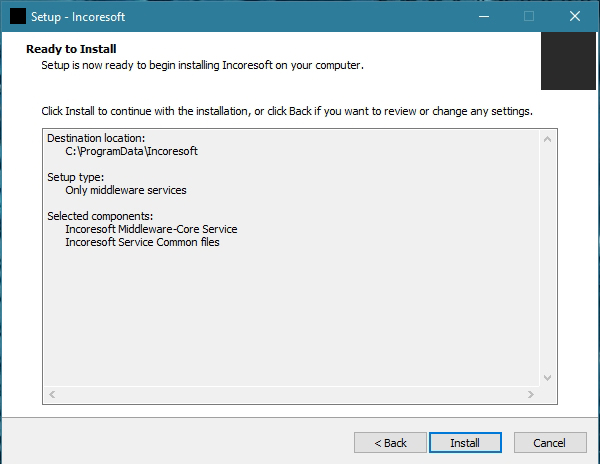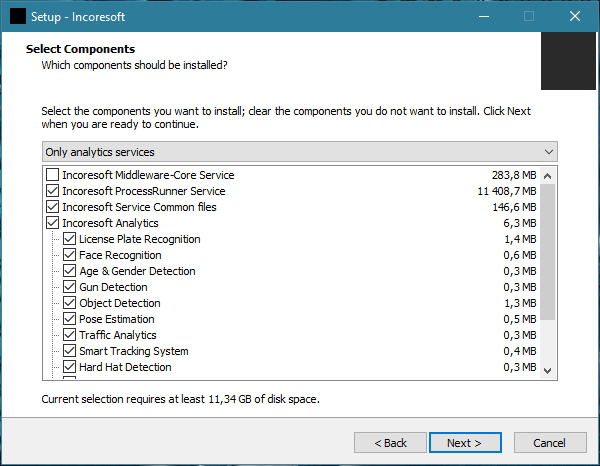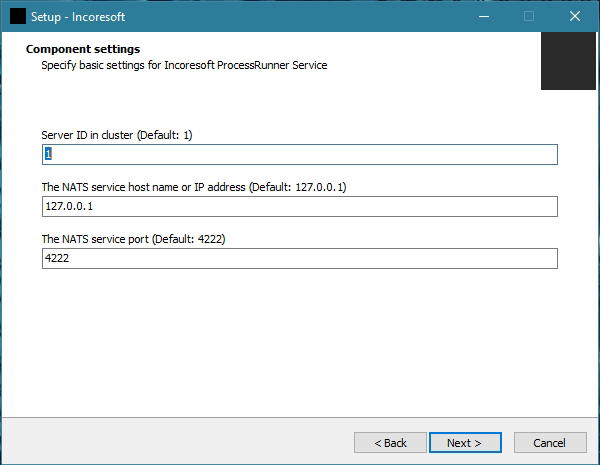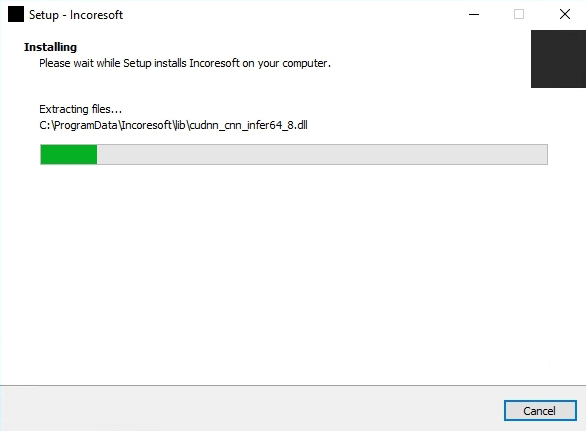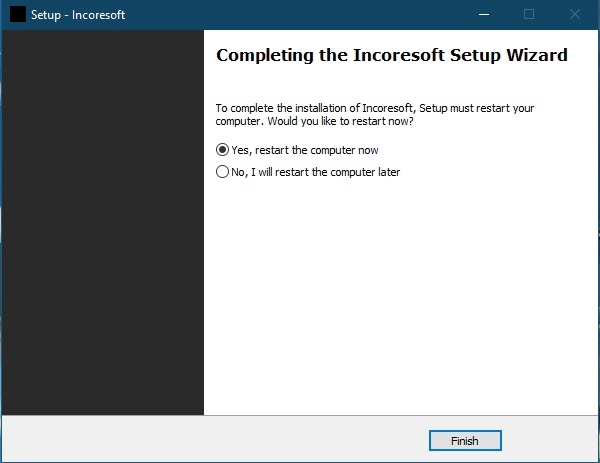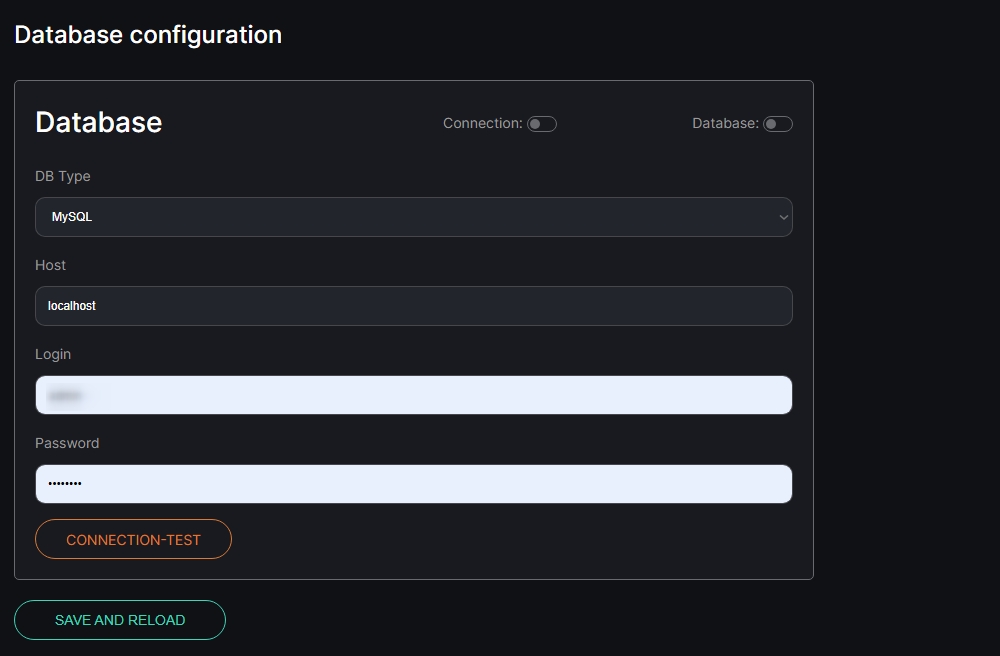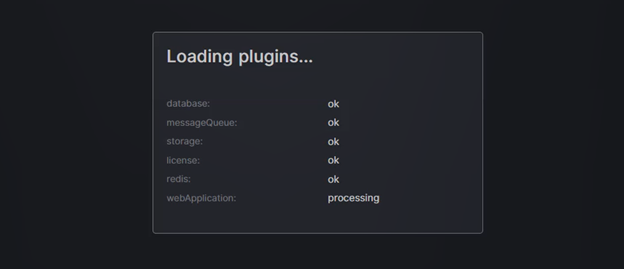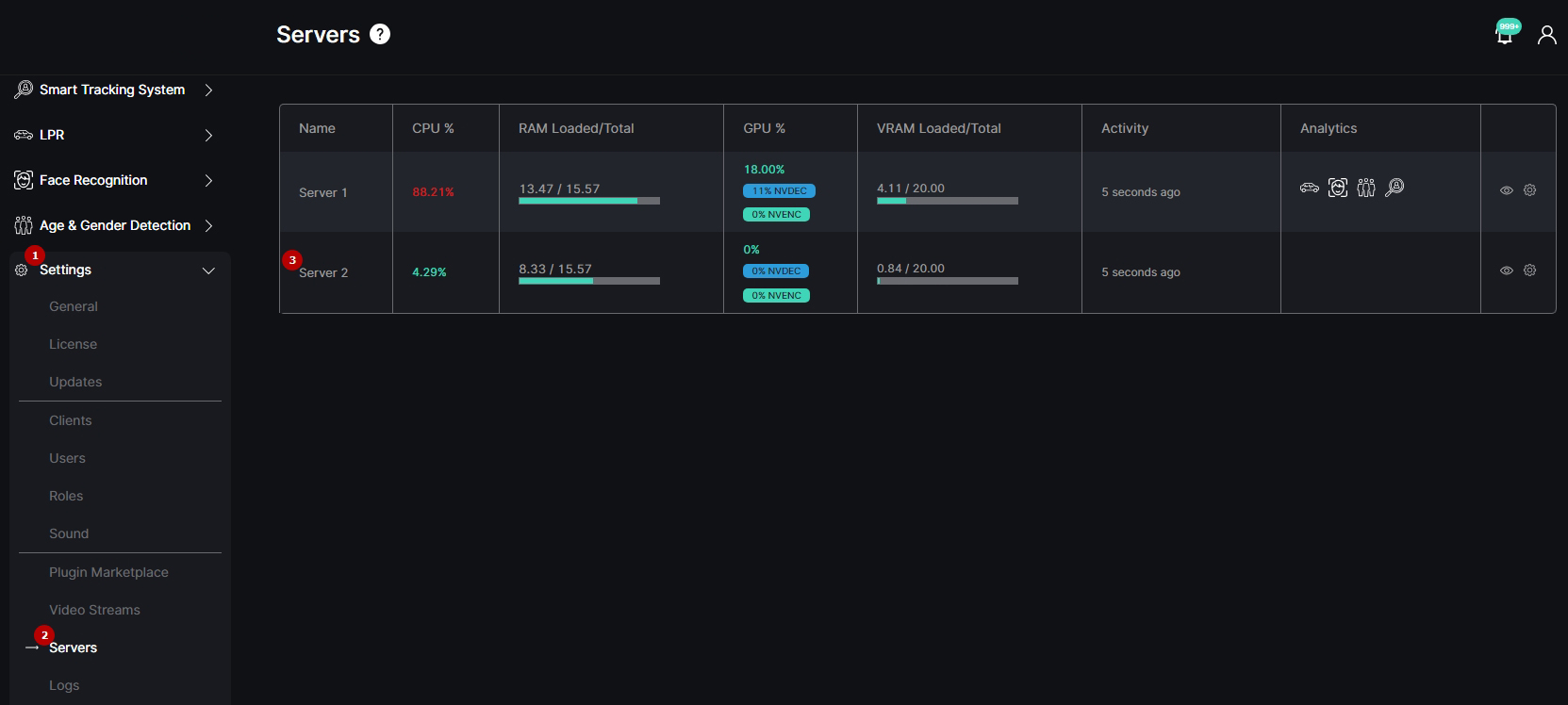Windows: Server Cluster System Installation
Introduction
- Before starting the installation, ensure that the Windows operating system on the servers is installed with Windows Desktop Experience and corresponds to one of the supported versions:
- Windows Server 2019 Standard
- Windows Server 2019 Datacenter
- Windows Server 2022 Standard
- Windows Server 2022 Datacenter
- Windows 10 PRO
- Windows 11 PRO
- If you have an NVIDIA graphics card, ensure that the installed driver version is 471.41 or higher.
- Use only Intel CPUs with AVX2 and SSE4.2 for the proper functioning of the VEZHA Analytics System. AMD CPUs are not supported.
- Install and configure MySQL, PostgreSQL, or MSSQL database management system before proceeding with the analytics system installation to establish a connection to the server. For instructions on installing MySQL DBMS, refer to the MySQL Installation Guide. VEZHA Analytics System supports the following DBMS versions:
PostgreSQL: 9.5 or later
MySQL: 8.0 or later
MSSQL (Microsoft SQL Server): 2014 or later
- The analytics system operates similarly for both CPU and GPU. The installation file for system version 23.3 has been unified for both CPU and CPU+GPU versions.
- An internet connection is not necessary for the software installation.
- Please ensure that you possess administrator privileges to make system changes.
- The Storage folder needs to be accessible to all servers within the cluster, including both Middleware and analytical servers.
To initiate the system installation:
- Navigate to the Installation Files section in the Partners Portal
- Select the Windows Server Analytics (CPU, GPU) block
- Download the corresponding installation files archive
Once the download is complete, navigate to the directory where the archive is located, extract its contents, and access the folder containing the installation files.
System Installation
Execute the incoresoft-install-gpu-x64.exe file by double-clicking it. Select the desired language and click the Ok button:
If you are unable to run the installer file due to Microsoft Defender SmartScreen blocking it for security reasons, please follow these steps:
- Right-click on the 23.3-incoresoft-install-x64.exe file
- Select Properties from the context menu
- Select the Unblock checkbox in the Security section of the General tab
- Click Apply and then OK to apply and save the changes
Review the setup information and click the Next button to proceed:
Click the Browse button to select a folder for installation, and then proceed by clicking the Next button:
To install only the Middleware components separately, choose Only Middleware Services from the drop-down list, and then proceed by clicking the Next button:
Review the selected system components, then click the Install button and wait patiently until the installation process is completed:
To install only the Analytics components separately, choose Only Analytics Services from the drop-down list and proceed by clicking the Next button:
In the Component Settings, fill in the following fields:
- Enter the serial number of the server in the cluster system when installing analytics on each server (e.g., 1, 2, 3, etc., depending on the number of servers)
- Specify the IP address of the server in the cluster with the installed Middleware Core
- Provide the default NATS service port (4222)
Click the Next button and patiently wait for the installation process to complete:
Click the Finish button to close the setup window:
Restart the computer. The system installation is now complete.
Server Launch
To access the server, open the following URL:
- If the Middleware Core was installed on the current PC, use http://localhost:2001/
- If the Middleware Core was installed on a remote server, use http://ip:2001/ where IP is the IP address of the server where the Middleware Core was remotely installed
Within the Database block, perform the following steps:
- Select the MySQL/PostgreSQL/MSSQL DB type from the drop-down list
- Fill in the necessary fields for the DB connection:
- In the Host field, specify the IP address of the server with the preinstalled and configured DB
- In the Login field, enter the admin login for accessing the DB
- In the Password field, provide the password associated with the DB admin login
- Click the Connection Test button to:
- Verify the DB server connection: A successful connection is indicated by a green Connection toggle
- Create the database: A successful DB creation is indicated by a green Database toggle
- Click the Save and Reload button to save the current settings and restart the service
- Avoid selecting the Internal DB type for a server cluster installation.
- The admin login and password are used only once during the initial setup to create a limited internal user for creating the database.
Wait while the system checks for installed middleware plugins:
Once the webpage reloads, use the default user login and password to access the system:
- Login: admin
- Password: admin
To verify the analytical server is installed correctly, after the installation of Process Runner and all required analytics components, follow these steps:
- Open the Settings section in the left menu
- Select the Servers item
- Check if the new analytical server has been successfully added to the server table
